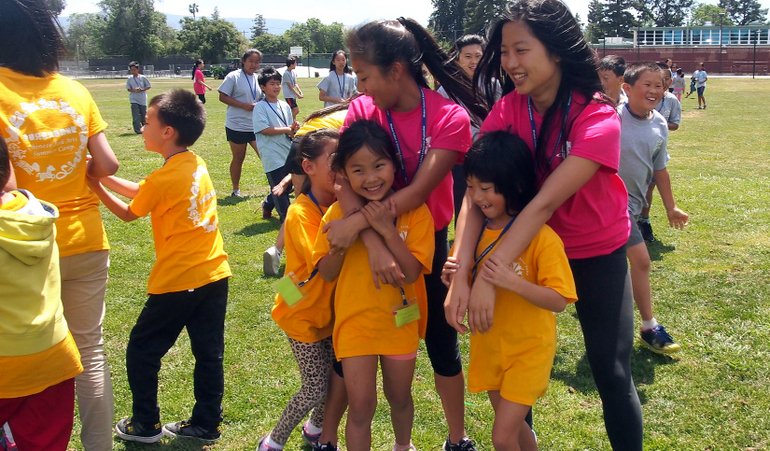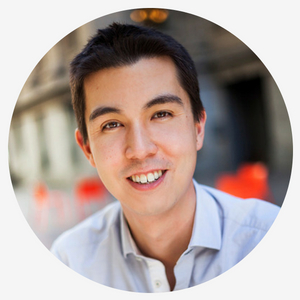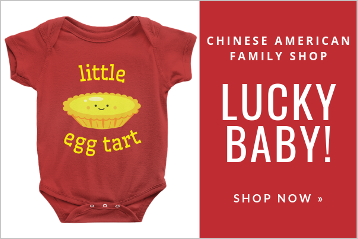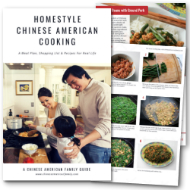This article is part of our collection of Family-Friendly Activities. Sign up for our newsletter to receive family-friendly activity, recipe and craft ideas throughout the year.
With summer approaching, you may already be considering a dizzying array of camp options based on your child’s interests. If your plans for the summer include exposure to Chinese arts, music and sports, then choosing between one of a growing number of Chinese culture camps across the United States could be on your agenda.
With the help of camp directors from programs in different parts of the United States and insights from hours of online research, here is an approach you can keep in mind to pick the best Chinese culture camp for your child this summer.
What is a Chinese Culture Camp?
Chinese culture camps are enrichment programs that supplement the social activities kids enjoy at all summer camps with the opportunity to explore Chinese arts, traditions and sports in a fun environment. Through group activities, campers can learn about Chinese festivals, traditional foods, folk dances, crafts and games.
Tswei-Ping Wu, vice director of the Chinese Folk Arts Summer Camp in Fremont, CA, explains the benefits of the camp experience, “Chinese traditions can be hard for parents to explain to kids. Our camp provides an environment that helps kids understand these traditions and enjoy shared memories with their parents. For parents, this is very important. For the kids, it’s just a lot of fun.”
A growing number of Chinese culture camps operate during the summer months, complementing the Chinese immersion programs proliferating in American schools. Specialization among the programs accompanies this growth — parents can choose from day, family and sleepover camps, from programs taught in Mandarin, Cantonese and English and from camps offering varying degrees of cultural programming.
A Chinese culture camp’s specialized focus creates a strong sense of community and helps kids develop social skills among others with similar backgrounds. Sharon Ma, director of the Metropolitan Chinese Culture Camp in New York, explains the balance of social and cultural development, “We help campers learn leadership skills, gain independence and make friendships, while receiving an introduction to Chinese culture. Everybody can enjoy the camp.”
For camps serving adoptive families, finding community can be even more meaningful. Says Pam Sweetser, executive director of the Heritage Camps for Adoptive Families, “The parents also attend workshops, so they develop close-knit bonds. For the kids, not only do they have their Chinese culture in common, they also have adoption in common.”
Reasons for Considering a Chinese Culture Camp
The first step toward choosing the best Chinese culture camp for your child is to evaluate your priorities. Picking a general-interest summer camp is difficult enough and selecting a specialized program focusing on culture and identity carries its own unique challenges.
Elizabeth Weise from the Mandarin Immersion Parents Council identifies four different types of parents who typically pursue intensive Chinese language schooling, a framework that I think is useful when considering the reasons for having your child attend a Chinese culture camp.
Chinese Parents
These parents are recent immigrants who “speak Mandarin or another Chinese dialect with their children at home.” They want their children to be able to read and write Chinese, and have a connection with Chinese culture.
Heritage Parents
American-born Chinese, biracial or adoptive parents “who may or may not retain spoken Chinese at home, but who want to pass down to their children the language and culture of their heritage.”
21st Century Parents
Non-Chinese parents who are “from every race and socio-economic group, but have no connection to China. For them, Chinese is about opportunity.”
Academic Parents
Non-Chinese parents attracted to Chinese language and culture “simply because they expect it to be a strong, rigorous academic program.”
Understanding what you hope your child gains from the experience of attending a Chinese culture camp can help you prioritize your goals and evaluate the different strengths of the programs offered in your community.
Evaluating Chinese Culture Camps
Making sure your child has a good experience at camp can depend on matching your priorities and understanding of your child’s interests with the right program’s offerings. My research revealed that Chinese culture camps vary along four primary dimensions that you can explore further by calling or visiting the programs near you.
Community
Programs welcome all campers, but every camp will have its own unique sense of community from its location, history or staff. For instance, camps may more closely identify with a particular dialect, region of origin or the experience of adoptive families.
Intensity
Some camps make Chinese culture the primary focus of their programming, while others balance the day with other activities like archery, boating and team sports.
Language
Some camps employ teachers from Taiwan or mainland China, supplemented by translators, and teach language and culture together as a dual focus. Others hire primarily American-born Chinese teachers and use a more broadly bilingual approach.
Chinese vs. Chinese American
Some camps focus on traditional Chinese culture, while others teach Chinese culture as practiced in the United States, including subjects like Chinese American history, community development and identity.
Chinese culture camps continue to evolve, reflecting the increasing diversity of the Chinese American community. No two programs are the same and no one size fits all. As you evaluate different camp options, it’s important to explore where on the spectrum a program falls for each dimension.
Choosing the Best Camp for your Child
Ultimately, choosing the best camp experience is a delicate balance between your child’s interests, your priorities as a parent and a program’s offerings.
Chinese parents, or families generally seeking to develop language skills and cultural knowledge, may prefer a rigorous experience with native-speaking teachers from Taiwan or mainland China.
Heritage parents, or families generally seeking cultural exposure ahead of skill development, may prefer an experience staffed by American-born Chinese teachers run by an organization in the local community.
21st Century parents and Academic parents, or families generally seeking out a Chinese curriculum, could prefer either intense cultural programming or an experience that’s balanced with general-interest camp activities.
These are just three examples and the right match will be different for every family. Whichever camp you choose, Sharon Ma explains, the common thread is community, “All of our campers come because they make lifelong friendships with other children who have the same background and culture.”
The longer-term benefits of attending a Chinese culture camp — confidence, self-awareness and cultural identity — may not reveal themselves until years later.
Says Pam Sweetser, “There’s really no greater gift you can give your child than the opportunity to discover who they really are. And to celebrate in that discovery with them. To me, that’s the best thing you can do.”
Your turn! Has your child attended a Chinese culture camp? What was the experience like?
###
Thinking about having your child attend a Chinese culture camp this summer? Here are some great options across the United States:
West
Irvine Chinese School Summer Program (Irvine, CA)
Hip Wah Summer Program (Oakland, CA)
Mei Jia Mandarin Language Summer Camp (San Francisco, CA)
WCEO Chinese Folk Arts Summer Camp (San Francisco Bay Area, CA)
Chinese Culture Camp (Stockton, CA)
Heritage Camps – Chinese Mountain Camp (Denver, CO)
Heritage Camps – Chinese Urban Camp (Denver, CO)
FCC Summer Heritage Camp (Coupeville, WA)
Midwest
Chicago Chinese Cultural Institute Summer Camp (Chicago, IL)
Dillon International China Camp (Tulsa, OK)
South
Hand in Hand Chinese Culture Program (Duluth, GA)
Chinese Cultural School Summer Camp (Oxford, GA)
Our Camp China (Black Mountain, NC)
Lily Pad School Summer Camp (Austin, TX)
Northeast
Chinese Language School Youth Summer Camp (Hartford, CT)
New England Chinese Youth Summer Camp (Weston, MA)
WSCC Chinese Language and Culture Program (Woburn, MA)
Chinese Dragon Camp (Bangor, ME)
Camp FCC (Medford, NJ)
Camp Friendship (Stirling, NJ)
Metropolitan Chinese Culture Camp (Elizaville, NY)
New York Chinese Cultural Center Summer Program (New York, NY)
HT: Photo by Wisdom, Culture and Education Organization.





Leave a Reply